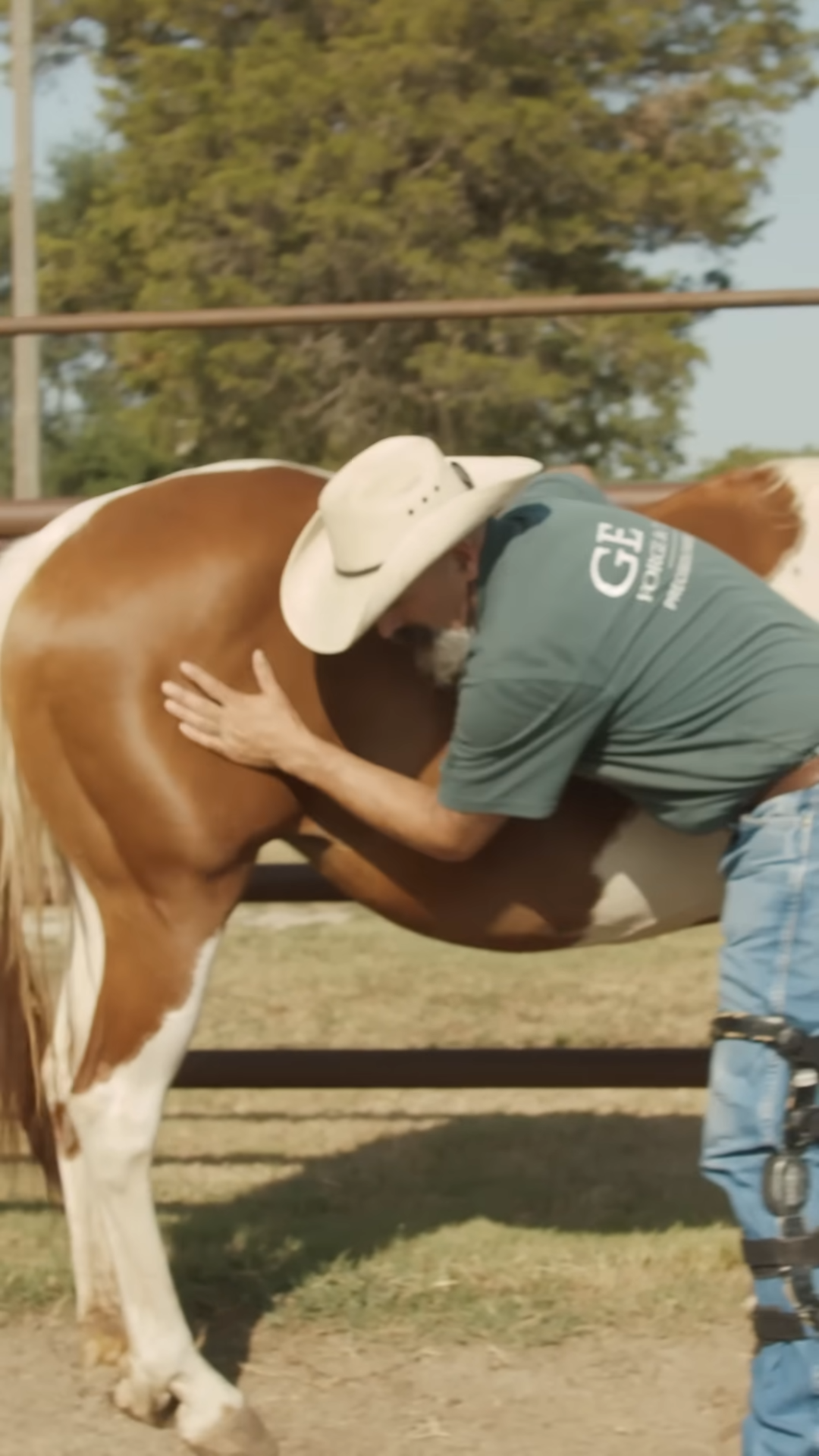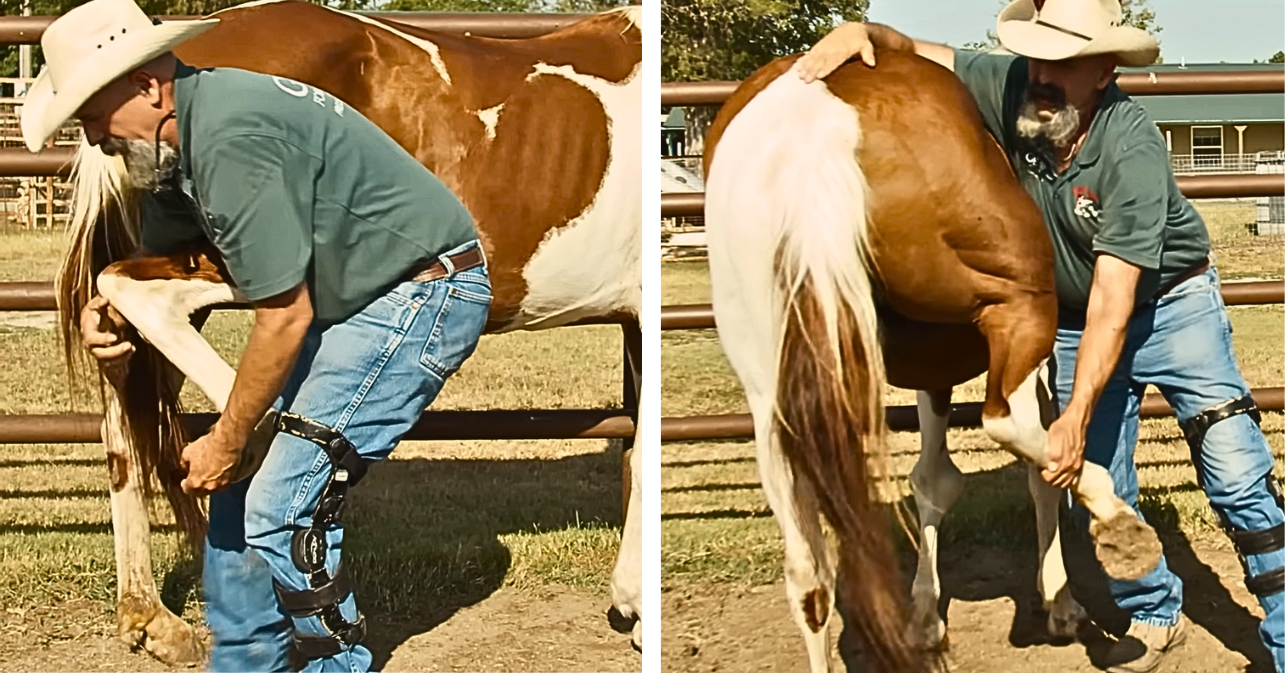As a farrier, Chris Gregory has seen his fair share of difficult horses. But with years of experience under his belt, he knows how to handle even the craziest kickers. In a recent demonstration at Heartland Horseshoeing School, Gregory showed how body placement and patience are key when dealing with a dangerous horse while trimming.

One thing that sets Gregory apart is his understanding of both the physiology and psychology of horses. He knows that a horse won’t kick if they feel calm and confident. That’s why he takes the time to approach the horse with kindness and empathy, slowly building trust and showing the horse that he won’t hurt them.

And it works. As Gregory calmly and confidently worked on the horse’s feet, the animal seemed to sense that he knew what he was doing. The horse relaxed and even handed its foot to Gregory quickly, showing just how much trust had been built between them.

But it’s not just about kindness and empathy – persistence is also key. If a horse learns that kicking is an effective way to control a situation, they’ll keep doing it. That’s why it’s important to slowly show them that they need to listen and cooperate, and that they can trust their handler.

Horses are naturally skittish and nervous animals, with blind spots and a natural instinct to protect their legs. But with patience and understanding, Gregory is able to show them that he’s the boss and that they don’t need to be afraid.

In fact, as one onlooker noted, it’s amazing how horses can learn through the release of pressure. When the horse stopped fighting, Gregory immediately released the pressure, reinforcing the behavior he wanted to see. It’s a win-win situation for everyone involved – the horse is calmer and more cooperative, the owner is happy with a job well done, and Gregory gets the satisfaction of knowing he’s made a difference in the horse’s life.

Overall, Gregory’s approach to handling difficult horses is something we can all learn from. By treating animals with kindness, empathy, and persistence, we can build trust and cooperation – not just with horses, but with each other as humans too. It’s a lesson that goes beyond the barn and into our everyday lives. Thank you, Chris Gregory, for being a master of your craft and for sharing your knowledge with us all.
